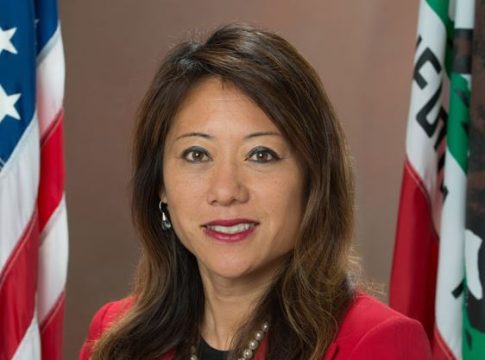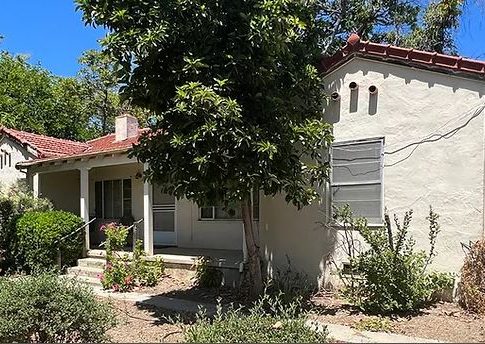By Erin Chew
(Editor’s Note: This story was originally published on May 12, 2023. It is being republished on July 6, 2023 because Liquor Store Dreams will air on PBS as part of POV on Monday, July 10 at 10 Eastern/9 Central. It will also be streamed by PBS for a limited time).
Liquor Store Dreams directed by Korean American So Yun Um follows the intimate portrait of two Korean American children of liquor store owners who set out to bridge generational divides with their immigrant parents in Los Angeles. Um’s directorial debut touches on Korean-Black relations in Los Angeles, including the 1991 murder of Latasha Harlins in a Korean convenience store, the 1992 uprisings sparked by the police brutality against Rodney King and the ensuing looting of Korean businesses, and growing political organizing.
For Um making this film was a learning experience for her about the history of race relations in Koreatown and the pressures her parents had running a Korean American liquor store.
“Ultimately, I wanted to make a film that would challenge my values and allow me to continually learn about my Korean American history. So this is all a journey for me to learn about my parents, what they experienced, and how they contributed to building my own identity”, Um expressed.
LATEST STORIES
Review: Liquor Store Dreams: An intimate portrait of family business

The 1992 uprisings really defined how white/mainstream America let down both the African American and the Korean American communities. Misinformation and sensationalist headlines and images were plastered all over the media, creating an ‘us versus them’ climate. This part of history has made Um uncomfortable and it is one of the reasons why she made her film about this as it got her out of her comfort zone. One thing she pointed out was that this event really changed how Korean Americans in LA see themselves and how they see other racial groups in America.
“Many Koreans who came to America were escaping from a war-torn country. So when they set themselves and their businesses up in LA, it was all about survival. At no time were they thinking about race relations in America or even about the term racism itself because they didn’t feel they had the luxury to do so. After the 1992 uprisings the community would be thinking why they were targeted, without having any context of Black history, and hence the escalation”.
In addition to its screening at #LAPFF on May 10, Liquor Store Dreams will be available to buy + rent on digital, May 26th (Google Play, Amazon, iTunes) and will have its broadcast premiere on PBS POV on July 10th.
AsAmNews is published by the non-profit, Asian American Media Inc. Make a tax-deductible donation of at least $40 or pledge a monthly recurring donation of at least $10 by August 31 and receive a free copy of The Legend of Mu Lan: Heroine of Ancient China, the inspiration for the classic Disney movie. We are supported in part by funding provided by the State of California, administered by the California State Library in partnership with the California Department of Social Services and the California Commission on Asian and Pacific Islander American Affairs as part of the Stop the Hate program. To report a hate incident or hate crime and get support, go to CA vs Hate.










